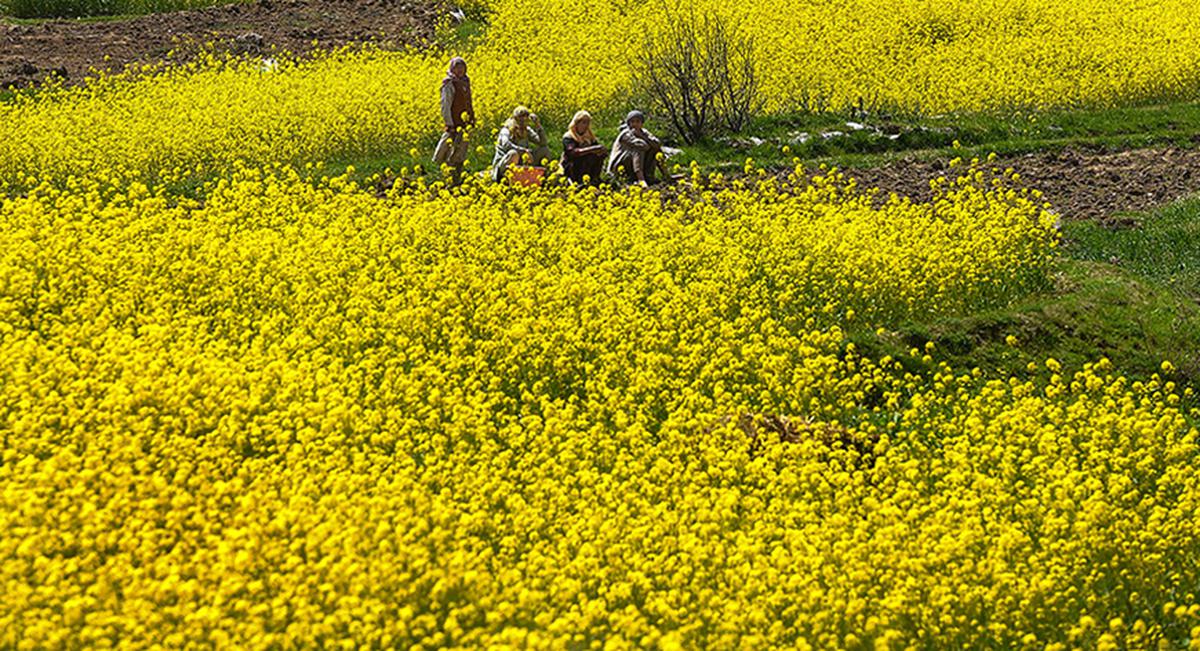
Explained | Genetically modified crops and their regulation in India
The Hindu
Strict regulations are in place to control threats to animal health, human safety, and biodiversity at large during the processes of development, cultivation and transboundary movement of GM crops.
The story so far: On October 18, the Environment Ministry’s Genetic Engineering Appraisal Committee (GEAC) cleared the proposal for the commercial cultivation of genetically modified (GM) mustard. The GEAC had previously cleared the proposal in 2017, but it was vetoed by the ministry and the committee was told to conduct more studies on the GM crop. The GEAC’s recommendation will again go to the Environment Ministry for approval.
The latest GEAC approval allows for the environmental release of two varieties of genetically engineered mustard for developing new parental lines and hybrids under the supervision of the Indian Council of Agriculture Research (ICAR).
The Genetic Engineering Appraisal Committee (GEAC), under the Ministry of Environment, Forest and Climate Change (MoEF&CC), is responsible for the assessment of proposals related to the release of genetically engineered organisms and products into the environment, including experimental field trials.
GEAC or people authorised by it have the power to take punitive actions under the Environment Protection Act.
A genetically modified organism (GMO) is any living organism whose genetic material has been modified to include certain desirable techniques. Genetic modification has previously been used for the large-scale production of insulin, vaccines, and more.
In crops, genetic modification involves the manipulation of DNA instead of using controlled pollination— the conventional method to improve crops— to alter certain characteristics of the crop.
Soyabean, maize, cotton, and canola with herbicide tolerance and insect resistance are the most widely grown GM crops around the world. Other common genetically modified characteristics include virus resistance, drought resistance, and fruit and tuber quality.





















 Run 3 Space | Play Space Running Game
Run 3 Space | Play Space Running Game Traffic Jam 3D | Online Racing Game
Traffic Jam 3D | Online Racing Game Duck Hunt | Play Old Classic Game
Duck Hunt | Play Old Classic Game











